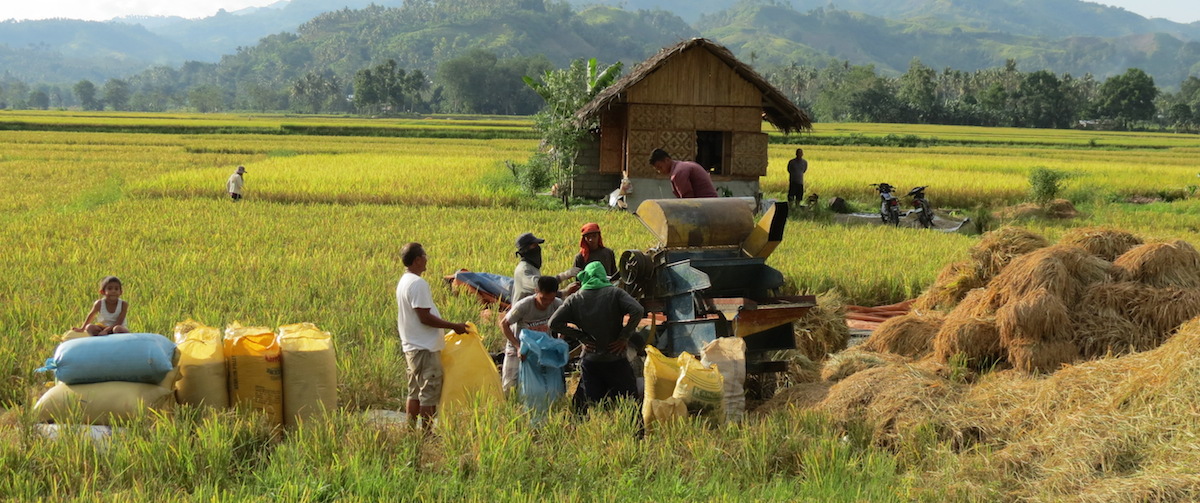After two years, the Water and Sustainable Agriculture project in the Philippines has been completed. Targets have been met, families have been equipped, communities have been changed.
Today we’re looking at what your donations and the work of countless volunteers and HOPE International employees have been able to achieve in rural municipalities in the Philippines.
The project was launched by HOPENZ in partnership with the Assisi Development Foundation in October 2013 with the goal of providing rural communities with access to basic social services, like clean potable water and food security.
The targets were structured in to three pillars:
- Increased productivity of farms through sustainable agriculture
- Increased use of clean water by targeted men, women and children
- Increased organization and coordination of local government, local community organizations, and community leaders for local development priorities
Each pillar was then broken down in to tangible goals. After the two years, we wanted to see a 50% decrease in food insecurity for 360 families; a 50% increase in family incomes for 300 families; and a 50% decrease in waterborne/diarrhoeal diseases in men, women and children in 10 communities after six months.
We set the funding target at just over half a million $NZD over the two years, which would cover agricultural supplies and equipment, technical training for the communities and HOPE employees’ salaries, amongst other things.
The trainings focused on sustainable agriculture techniques, with a specific emphasis on organic farming. We’re happy to report that almost all farms affiliated with the project have reduced, if not stopped, the use of chemical fertilizers in their farms and gardens.
Sustainable agriculture was taught through local investment and ownership, focusing on farmers associations and water management associations. The purpose was to equip local communities with the skills and education needed to identify risks and manage the process at a grassroots level.
And the feedback was positive – farmers who participated in project activities reported feeling a sense of empowerment, changing the narrative of disempowerment and loss of traditional lands that has dominated the regions’ recent history.
The overall results from our two-year project includes improved income and food security for 827 families in 68 communities, improved health and living conditions of 2,510 families in 13 communities and increased sufficiency of food supply for 85% of families.
Our original targets for both water and agriculture interventions were exceeded as supplementary funding became available as a result of an exchange rate gain.
It’s been a long journey to get these results, with plenty of groundwork in the Philippines as well as from here in New Zealand. We want to thank you for any donations and time you spent following this journey.
To find out how you can donate to future projects, click here.


